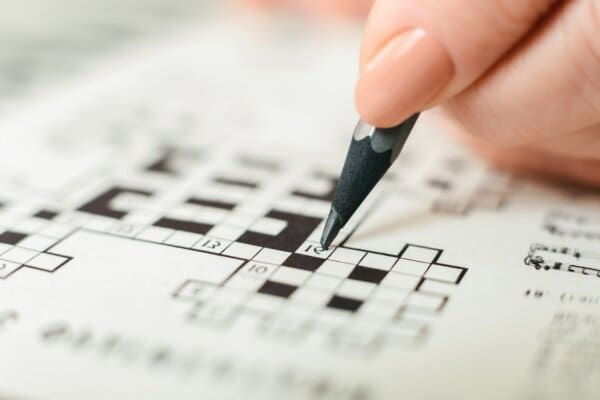A Formula for Trust
Nine years ago we moved to our current house. Our neighbours, both teachers, invited us in on our moving day. We had a beer. Great. Everything was perfect.
Roll forward to last summer. We share a fence with our neighbour. My dad and I rebuilt it, using the black carpet-type stuff that goes under the gravel to stop the weeds. All was good.
“Are you going away for the weekend?” asks our neighbour the following weekend. “Yep,” I replied. “A cheeky run to France for the day.” We came back later that night and I noticed he’d rebuilt the fence. Apparently, something to do with the black carpet stuff, osmosis, and I’m sure E=MC² was mentioned. I had lost my 10 commandments by that point, especially ‘love thy neighbour’. We fell out.
Some bright spark has now defined trust, with an equation. This is very useful because I can now explain what my intuition has been telling me about trusting people.
The Trust Formula
Trust has four parts: credibility, reliability, intimacy, and self-orientation. In the equation, the first three traits are added together and then divided against the latter. Each part has its piece to play in helping us to understand who we do and do not trust, and why:

- Credibility: If I ask you a question and you are supposed to be the expert on that topic, and you answer it well, then you are credible.
- Reliability: If I ask you to do something, we agree on a time for you to do it by, and you deliver on that promise, you are reliable.
- Intimacy: Don’t worry, this is not about hugging. This is about going beyond the transactional. Do you know a bit about me? Whether I have kids, for example?
- Self-orientation: Ever been in a conversation where it’s all about them talking about them? Yes? That’s self-orientation.
Which part of the equation did my neighbour break to lose my trust? Self-orientation. It was all about his fence, his facts, his world.
Consider your former and present colleagues. I bet when you think about different people you can now understand why you do and do not trust certain members of the team. Reliability is a big one for most people. They hate being let down.
So how trusted are you? Which part of the trust formula do you often break?
This article was written by Darren A. Smith for The Grocer.




